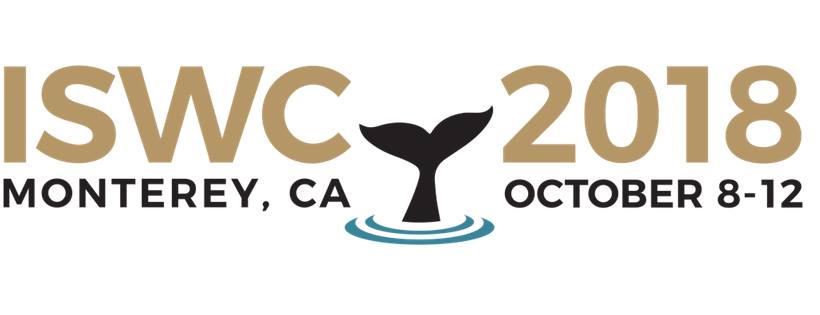 The International Semantic Web Conference (ISWC) is the premier international forum where Semantic Web / Linked Data researchers, practitioners, and industry specialists come together to discuss, advance, and shape the future of semantic technologies on the web, within enterprises and in the context of the public institution.
The International Semantic Web Conference (ISWC) is the premier international forum where Semantic Web / Linked Data researchers, practitioners, and industry specialists come together to discuss, advance, and shape the future of semantic technologies on the web, within enterprises and in the context of the public institution.
We are very pleased to announce that we got 3 papers accepted at ISWC 2018 for presentation at the main conference. Additionally, we also had 5 Posters/Demo papers accepted.
Furthermore, we are very happy to announce that we won the Best Demo Award for the WebVOWLEditor: “WebVOWL Editor: Device-Independent Visual Ontology Modeling” by Vitalis Wiens, Steffen Lohmann, and Sören Auer.
Congratulations to the authors of the best poster and demo! #iswc2018 #iswc_conf #award pic.twitter.com/N2CmdXWf9F
— iswc2018 (@iswc2018) October 12, 2018
Here are some further pointers in case you want to know more about WebVOWL Editor:
- Website:http://editor.visualdataweb.org/
- GitHub: https://github.com/VisualDataWeb/WebVOWL/tree/vowl_editor
- Demo: https://www.youtube.com/watch?v=XWXhpEr9LPY
Among the other presentations, our colleagues presented the following presentations:
- “EARL: Joint Entity and Relation Linking for Question Answering over Knowledge Graphs” by Mohnish Dubey, Debayan Banerjee, Debanjan Chaudhuri and Jens Lehmann
Mohnish Dubey presented EARL: A relation & entity linking for DBpedia Question Answering on LC-QuAD via Elasticsearch using fastText embeddings and LSTM. It proposed two fold approaches, using GTSP solver and connection density (3 features) classifier for adaptive re-ranking.@MohnishDubey is presenting “EARL: Joint Entity and Relation Linking for Question Answering over Knowledge Graphs” for the Research Track at #iswc2018 https://t.co/TCaWRGGqf9 pic.twitter.com/Csc8aOLdjZ
— SDA Research (@SDA_Research) October 10, 2018
GitHub: https://github.com/AskNowQA/EARL
Slides: https://www.slideshare.net/MohnishDubey/earl-joint-entity-and-relation-linking-for-question-answering-over-knowledge-graphs
Demo: https://earldemo.sda.tech/ - “DistLODStats: Distributed Computation of RDF Dataset Statistics” by Gezim Sejdiu, Ivan Ermilov, Jens Lehmann and Mohamed Nadjib Mami
Gezim Sejdiu presented DistLODStats, a novel software component for distributed in-memory computation of RDF Datasets statistics implemented using the Spark framework. The tool is maintained and has an active community due to its integration into the larger framework, SANSA.@Gezim_Sejdiu is presenting “DistLODStats: #Distributed Computation of #RDF #Dataset #Statistics” for the Resources Track at #iswc2018 https://t.co/yszIduYevG pic.twitter.com/wnBYHEIlx4
— SDA Research (@SDA_Research) October 11, 2018
GitHub: https://github.com/SANSA-Stack/SANSA-RDF
Slides: https://www.slideshare.net/GezimSejdiu/distlodstats-distributed-computation-of-rdf-dataset-statistics-iswc-2018-talk - “Synthesizing Knowledge Graphs from web sources with the MINTE+ framework” by Diego Collarana, Mikhail Galkin, Christoph Lange, Simon Scerri, Sören Auer and Maria-Esther Vidal
Diego Collarana presented the synthesizing KG from different web sources using MINTE+, an RDF Molecule-Based Integration Framework, in three domain-specific applications.
@collarad is presenting “Synthesizing #Knowledge #Graphs from #web sources with the MINTE+ framework” for the In-Use Track at #iswc2018 https://t.co/Dl3Jddmgeu pic.twitter.com/fMmapEcqeK
— SDA Research (@SDA_Research) October 10, 2018
GitHub: https://github.com/RDF-Molecules/MINTE
Slides: https://docs.google.com/presentation/d/1tV1tEuIMJoOhaTvlsgndi4YTk5ZoIuBfl9Bi3XbVr0c/edit?usp=sharing
Demo: https://youtu.be/6bNP21XSu6s
Workshops
- Visualization and Interaction for Ontologies and Linked Data (VOILA 2018)
Steffen Lohmann co-organized the International Workshop on Visualization and Interaction for Ontologies and Linked Data (VOILA 2018) for the third time at ISWC. Overall, more than 40 researchers and practitioners took part in this full-day event featuring talks, discussions, and tool demonstrations, including an interactive demo session. The workshop proceedings are published as CEUR-WS vol. 2187.
ISWC18 was a great venue to meet the community, create new connections, talk about current research challenges, share ideas and settle new collaborations. We look forward to the next ISWC conference.
Until then, meet us at SDA!

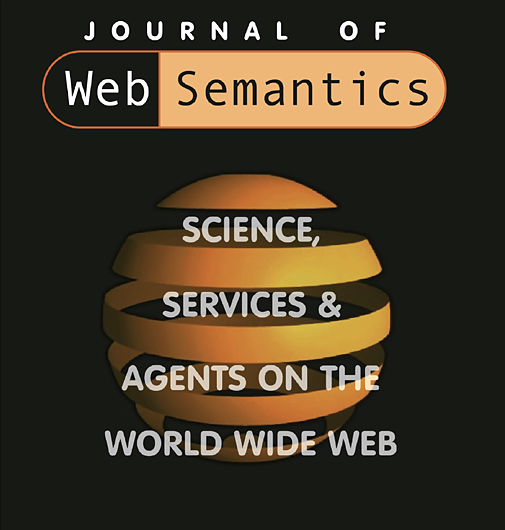 We are very pleased to announce that our group got a paper accepted at the
We are very pleased to announce that our group got a paper accepted at the 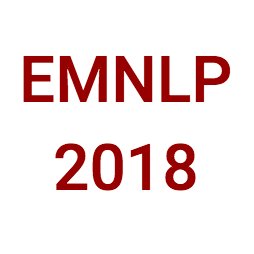 We are very pleased to announce that our group got 3 workshop papers accepted for presentation at
We are very pleased to announce that our group got 3 workshop papers accepted for presentation at 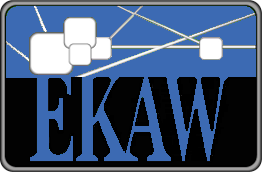 We are very pleased to announce that our group got
We are very pleased to announce that our group got 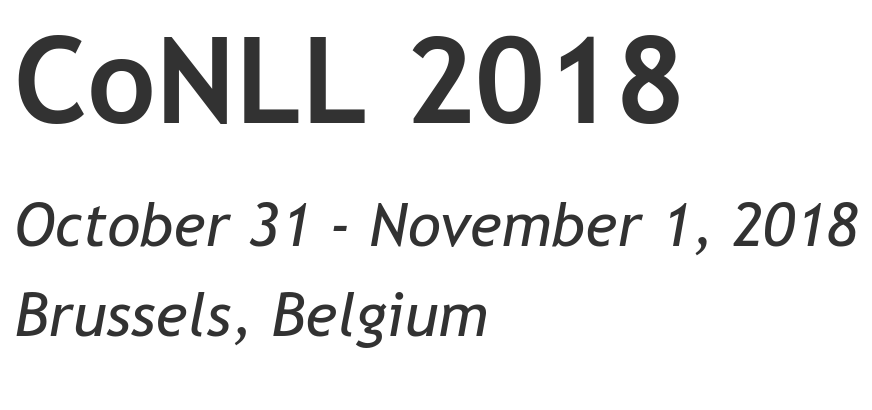 We are very pleased to announce that our group got one paper accepted for presentation at
We are very pleased to announce that our group got one paper accepted for presentation at 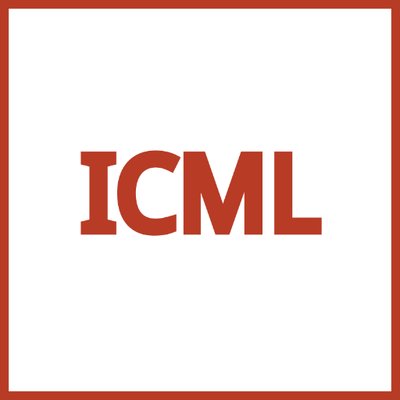 We are very pleased to announce that our group got 2 workshop papers accepted for presentation at
We are very pleased to announce that our group got 2 workshop papers accepted for presentation at  We are very pleased to announce that our group got two papers and two poster papers accepted for presentation at
We are very pleased to announce that our group got two papers and two poster papers accepted for presentation at 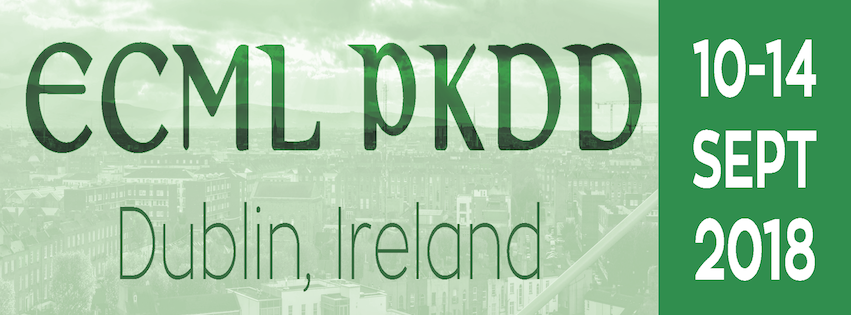 We are very pleased to announce that our group got a short paper accepted for presentation at
We are very pleased to announce that our group got a short paper accepted for presentation at 